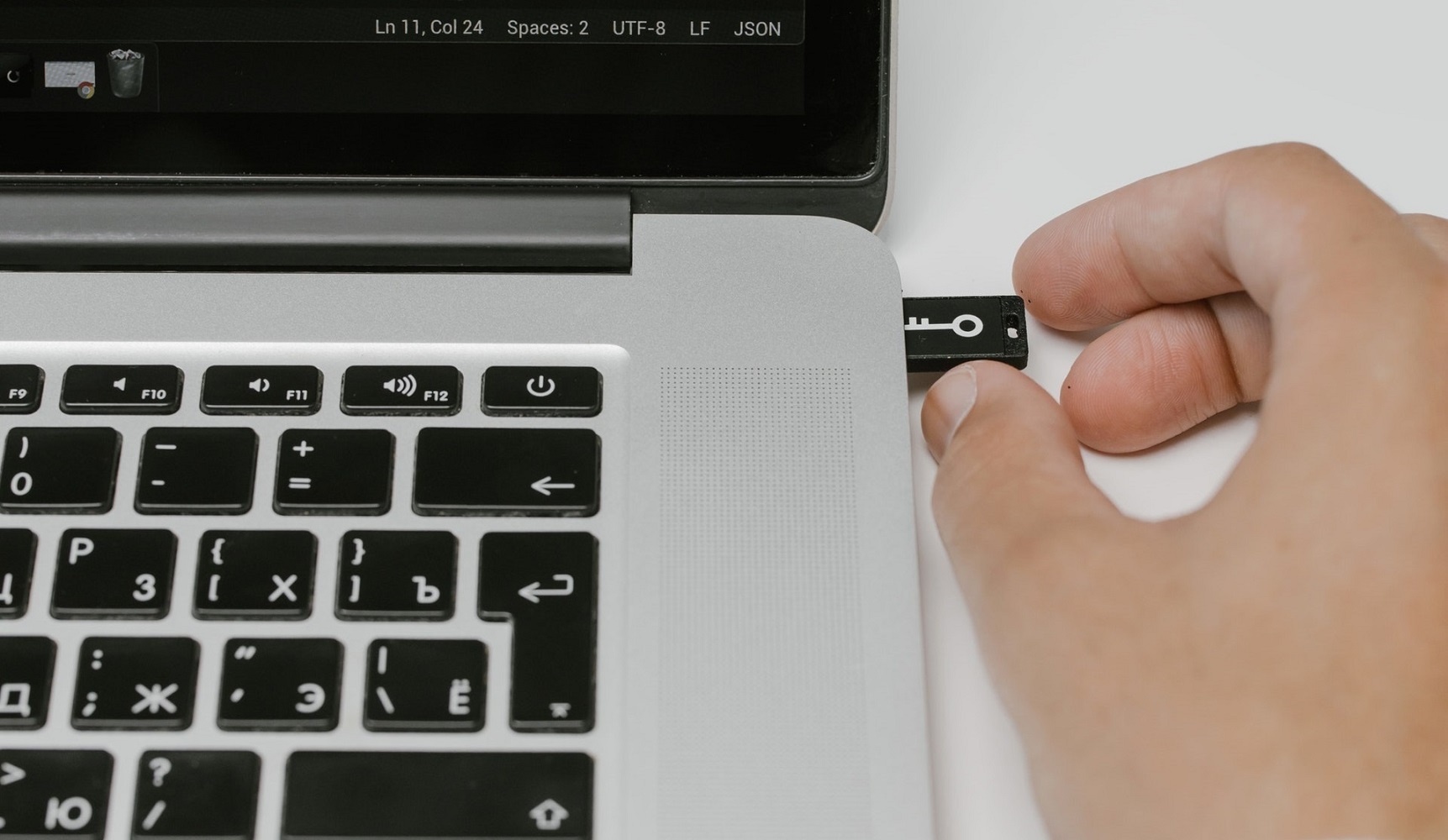How Memory Leaks Happen and Why They Slow Computer Performance
A frequent problem that computer users face is memory leaks. In today's day and age, 16 GB or even 8 GB is sufficient for most personal computers. But, sometimes, programs and processes that run on your computer do not let go of unnecessary memory resources, and your system may run out of memory. Let's look at how memory leaks happen, why they slow computer performance, and how you can handle such situations.
What exactly are Memory Leaks?
A memory leak happens if a program or programs fail to let go of memory resources that are no longer needed. Now, you could be using a high-powered desktop computer, a new laptop, or even a refurbished laptop. Regardless of the scenario, you may face memory leaks at any point in time, and that can slow your computer down drastically.
In a typical scenario, your computer dynamically distributes memory. So, your computer allocates more RAM as and when needed. The memory is released as and when the need is gone. But, at times, programs or processes do not free up memory resources after the requirement is no longer there. This is a memory leak and can result in performance issues.
If a memory leak happens, your computer tries to overcome this by storing temporary data in your hard disk and retrieving it when needed. Such a process is known as paging. By doing so, your computer can temporarily keep processes running. Otherwise they would crash. But, such workarounds may take their toll on the performance of your system if this goes on for a long time.
How bad are memory leaks?
Memory leaks can be terrible for computers. Short-term results of memory leaks are that there may not be sufficient RAM for other programs to use. Long-term effects of memory leaks can be severe - such as freezes, unresponsive programs, software aging, and complete crash of your computer.
How do you know if your computer has a memory leak?
If your computer is undergoing a memory leak, you'll experience all sorts of technical issues. Some of these are:
- You won't be able to launch additional programs. This happens since there is no free memory available.
- Slow or degraded computer performance. Your computer may take a long time to act on process requests that generally complete within a second.
- Running programs may crash or freeze indefinitely. When the processes in these running programs try to access RAM, they won't get a response and will get stuck.
- If you are an advanced software developer, you can detect and prevent memory leaks using code. You can do this in your Ruby application, using Python, Node JS, or PHP.
How can you prevent memory leakage?
- Have enough RAM by installing extra RAM if necessary.
- Do not open multiple tabs. Browsers use a lot of memory. The more tabs you keep open, the more RAM is eaten up.
- Run a few programs at a time. If you are running memory-intensive processes, you should close any redundant background programs.
- Use memory monitoring programs. Memory leaks may go undetected if they do not cause visible issues. Installing an app to monitor memory usage and monitoring reports regularly will help you detect memory leaks and take action.
How can you fix memory leaks?
- Close programs and restart your computer. First, try manually closing programs and processes that may be eating up memory. If this does not help, restart your computer. Doing so should free up memory that was blocked earlier.
- Cut down programs that run during startup. If you have multiple programs that launch automatically on computer startup, your RAM gets unnecessarily strained. If you don't need these programs, disable them to prevent them from launching automatically.
- Update your device drivers. Corrupted or outdated drivers can cause memory leaks. Ensure that you have the latest version of drivers on your computer.
- Use tools that diagnose memory. If you are using Windows 10, you can access a tool called windows memory diagnostic. This tool runs a scan on your computer and helps you find memory leaks.
In Summary
Memory leaks can cause your computer to go haywire. Use the tips shared in this article to know what they are, how you can find out if your computer has a memory leak, how you can prevent memory leaks and fix them if your computer does develop memory leaks.
Source: NoobsLab | Eye on Digital World

